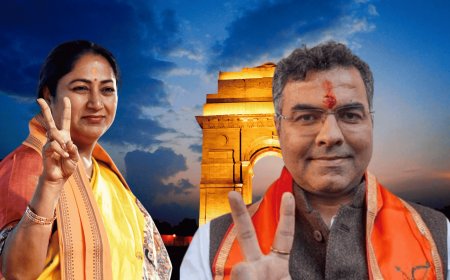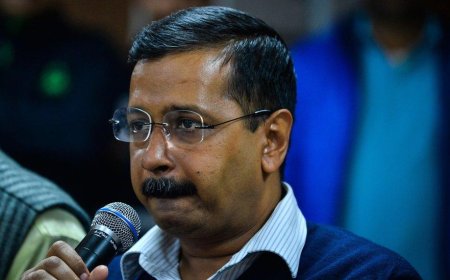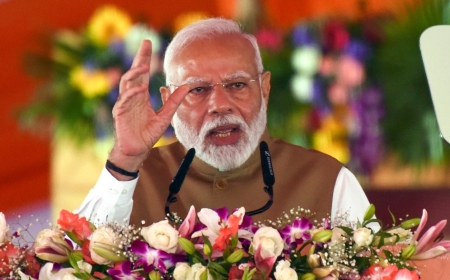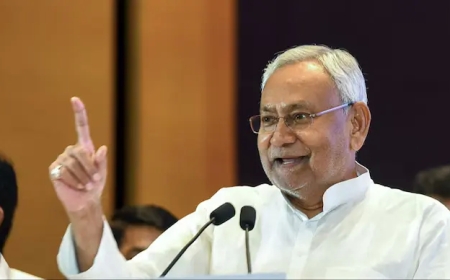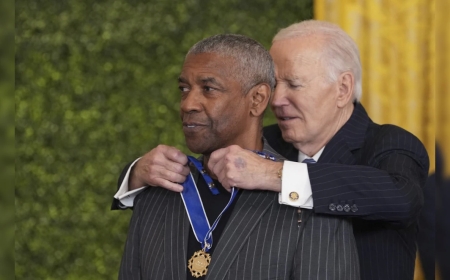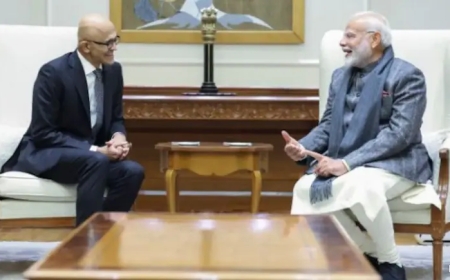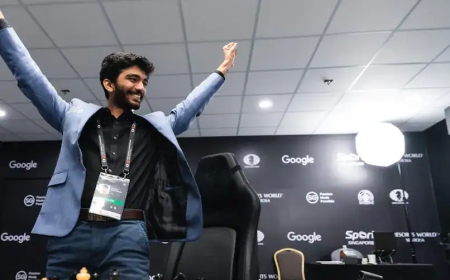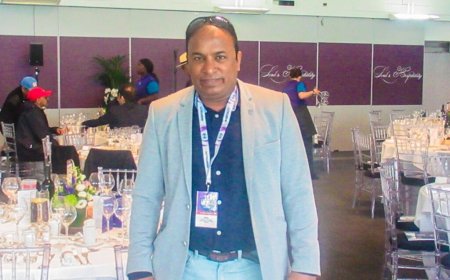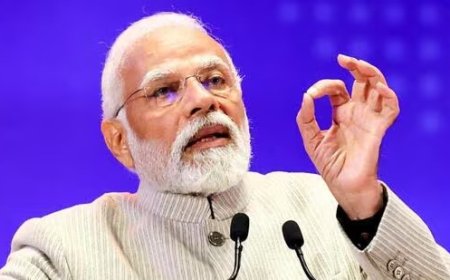"Will Take This to My Grave": Narayana Murthy Advocates 6-Day Workweek, Rejects Work-Life Balance
Infosys co-founder Narayana Murthy has once again sparked debate by championing a six-day workweek, emphasizing that India’s economic aspirations demand a culture of hard work over comfort.
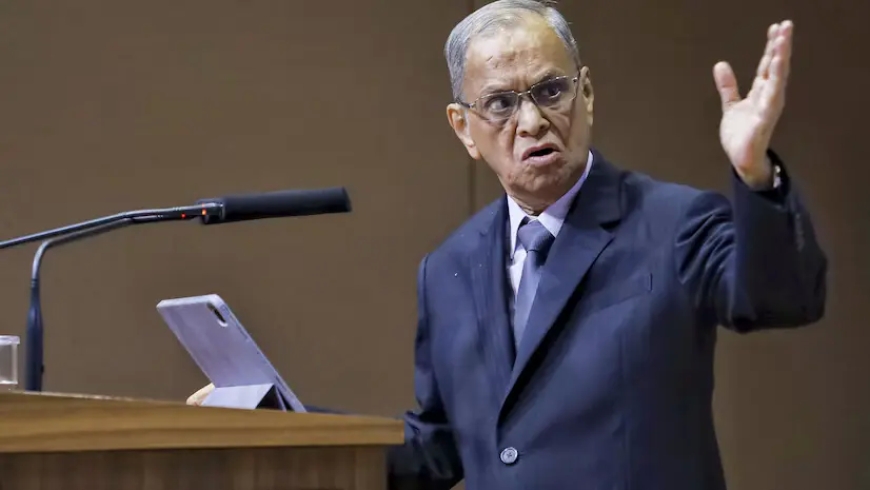
Speaking at the CNBC Global Leadership Summit, Murthy expressed his unwavering belief in the necessity of long hours and dedication to achieve personal and national success. Reflecting on India’s shift from a six-day to a five-day workweek in 1986, he voiced regret and stood firm in his opposition.
“I haven’t changed my view. I will take this with me to my grave,” Murthy told CNBC-TV18’s Shereen Bhan. Highlighting hard work as a cornerstone of progress, he urged Indians to embrace greater effort as the path to addressing the country’s socio-economic challenges.
PM Modi as a Role Model
Murthy cited Prime Minister Narendra Modi as a shining example of unwavering dedication, pointing to reports of the PM working 100-hour weeks. “When PM Modi is working 100 hours a week, the only way to show our appreciation is by matching his commitment through our work,” Murthy said.
He also aligned himself with the views of business leader K.V. Kamath, who previously argued that a developing nation like India cannot afford to prioritize leisure over productivity. Murthy emphasized that the socio-economic realities of the country demand a work ethic that prioritizes growth over comfort.
Murthy's Own Rigorous Routine
Drawing from his own experience, Murthy shared how he worked 14-hour days, six and a half days a week, until his retirement. Starting at 6:30 a.m. and returning home around 8:40 p.m., Murthy described this intense schedule as his contribution to building Infosys and achieving personal satisfaction. “I’m proud of it,” he said, attributing the company’s success to such discipline.
The Debate on Work-Life Balance
Murthy’s advocacy for long hours reignited controversy, particularly after his recent remarks suggesting a 70-hour workweek for young Indians. While some praised his emphasis on hard work, others criticized the approach as unrealistic and detrimental to health. Addressing these concerns, Murthy maintained that consistent effort is the foundation of success, especially in a country where education and opportunities are often subsidized.
“In this country, there is no substitute for hard work, even for the most intelligent people,” Murthy declared, emphasizing the need for young Indians to seize their opportunities with diligence.
Learning from History
Murthy compared India’s situation to post-World War II Japan and Germany, nations that rebuilt their economies through collective effort and resilience. He argued that India’s youthful population has a similar responsibility to propel the nation forward in an increasingly competitive global landscape.
For Murthy, hard work isn’t just a personal philosophy—it’s a call to action for a generation tasked with shaping India’s future. As he put it, “Hard work is our duty, not an option.”
What's Your Reaction?
 Like
0
Like
0
 Dislike
0
Dislike
0
 Love
0
Love
0
 Funny
0
Funny
0
 Angry
0
Angry
0
 Sad
0
Sad
0
 Wow
0
Wow
0
